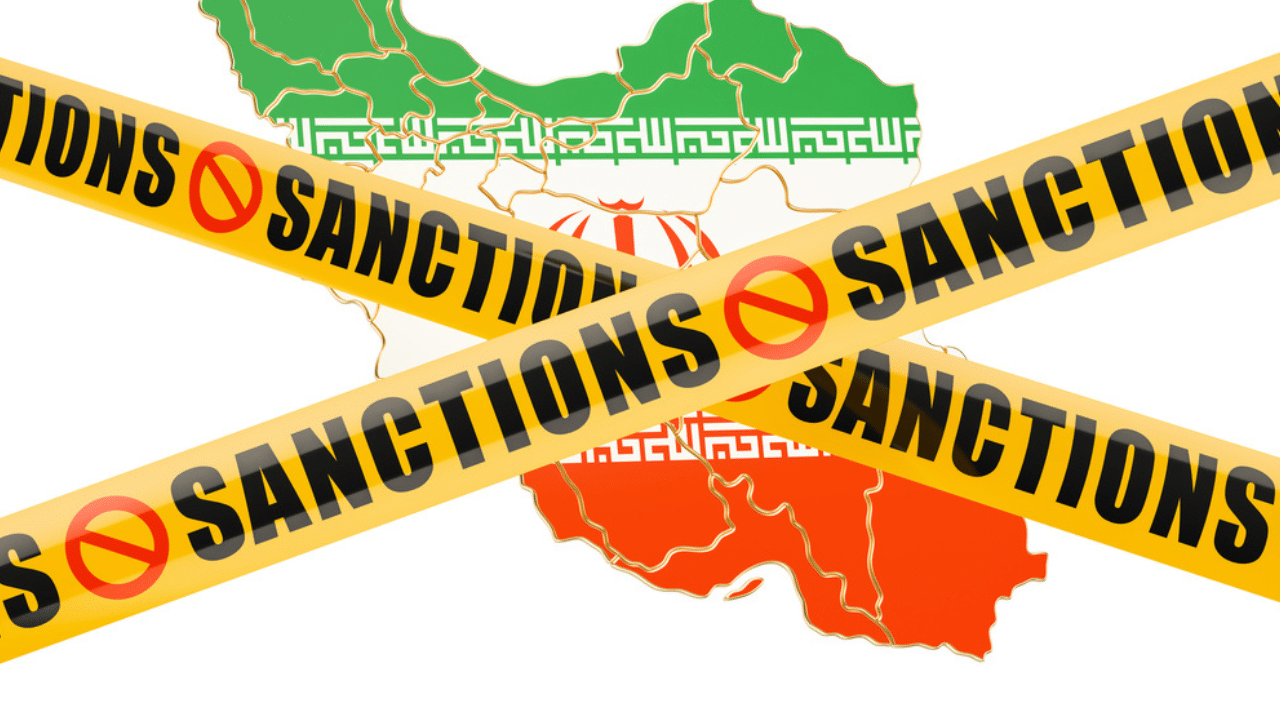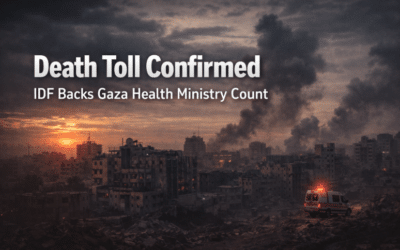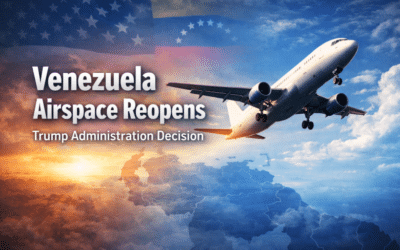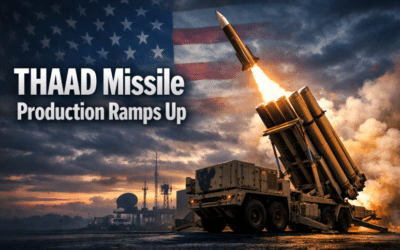Washington imposed sanctions on four entities and seven people in Russia, China, and Turkey over their alleged assistance with Tehran’s drone program which the US says has significantly benefited Russia in its war with Ukraine. Iranian President Ebrahim Raisi has denounced the accusations that Tehran has been arming Moscow since the Kremlin launched its invasion last year.
The sanctions announced by the Treasury Department on Tuesday target the Iranian drone company Aircraft Manufacturing Industrial Company – also known as HESA – which was hit with sanctions in 2008, along with its managing executives. Additionally, a Chinese tech company, two Turkish money exchangers, and a group of Russian parts manufacturing companies were hit with sanctions.
“Iran’s continued, deliberate proliferation of its UAVs enables Russia, its proxies in the Middle East, and other destabilizing actors to undermine global stability,” said Brian E. Nelson, the Treasury’s undersecretary for terrorism and financial intelligence.
State Department spokesman Matthew Miller further declared that Washington will “continue to use every tool at our disposal to disrupt these efforts and will work with Allies and partners to hold Iran accountable for its actions.”
However, while meeting with media executives on the sidelines of the UN General Assembly, Raisi explained “[Iran] is against the war in Ukraine” and reiterated Tehran’s offer to mediate peace talks between the two sides. He emphasized that his nation’s strong ties with Russia includes defense cooperation but insisted there have been no weapons transferred since Ukraine was invaded last February.
“If they have a document that Iran gave weapons or drones to the Russians after the war,” then they should produce it, Raisi said. Moscow has officially denied that Iran’s drones are being used by Russian forces against Ukraine. In June, US intelligence officials accused Tehran of assisting Moscow in building a drone manufacturing plant that may be operational next year.
Earlier in the war, Iran relayed several messages between Moscow and Kiev. A “top Western European leader” – believed to be French President Emmanuel Macron – gave Tehran a proposal for a peace initiative in Ukraine last year. Subsequently, Iran’s Foreign Minister Hossein Amirabdollahian then presented it to his Russian counterpart.
Last fall, Mykhailo Podolyak, one of Ukrainian President Volodymyr Zelensky’s top advisors, threatened war with Iran and called for a total embargo on the country along with military strikes. For Iran’s part, in November, Amirabdollahian said that a meeting was planned where Kiev was supposed to have disclosed evidence to the Iranian side that their drones were, in fact, being used to attack Ukraine.
But the deal was sabotaged. “We had such an appointment two weeks ago in a European country, a military and political delegation went to that European country, but unfortunately at the last minute the Ukrainian delegation did not attend due to pressure from the US and some European countries, in particular Germany,” Amirabhollahian told reporters. Since then, Zelensky has asked the Ukrainian parliament to sanction Iran for at least half a century.
































